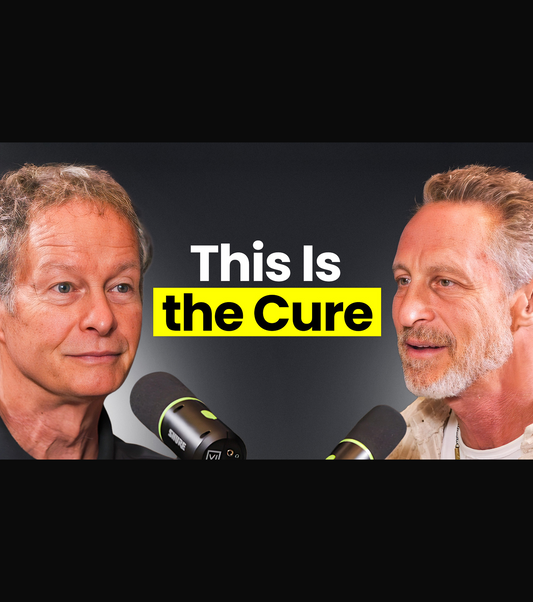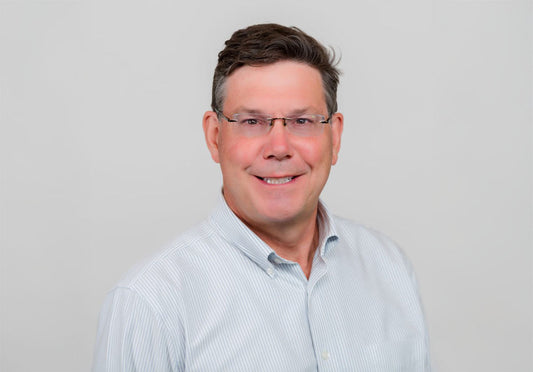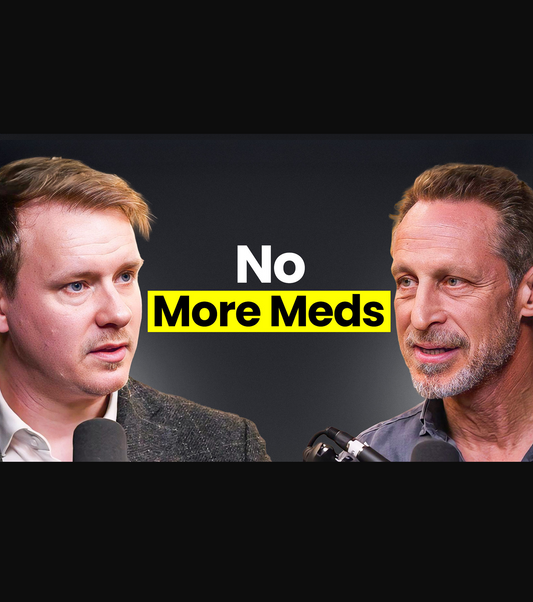Overview
If you or a loved one struggle with addiction, this is an episode you’re going to want to listen to. Many of our current pharmaceuticals stem from compounds discovered in plant medicines. And many beneficial plants that were discovered decades ago still have huge potential for changing modern medicine—ibogaine is one of them.
Today on The Doctor’s Farmacy, I’m excited to sit down with Dr. Deborah Mash to discuss the use of the African plant ibogaine and its metabolite, noribogaine, in the treatment of addiction and how it could impact the devastating opioid epidemic. We dive into this episode with a history of ibogaine and how it can work to reset opioid tolerance and bypass withdrawal symptoms in a single dose.
Dr. Mash shares how she’s seen addicts have incredible recovery stories after just one ibogaine treatment. Addiction involves many components, so recovery should as well. Dr. Mash and I discuss the benefit of ibogaine as an “addiction interrupter,” to kick-start the recovery process, and how combining it with other healing modalities such as trauma therapy could lead to reductions in relapse and better long-term outcomes. We’re in a really exciting time, a renaissance of psychedelic medicines that we can harness to change synaptic plasticity in the brain. This is an interesting conversation and I think it provides hope for the future of addiction treatment.













